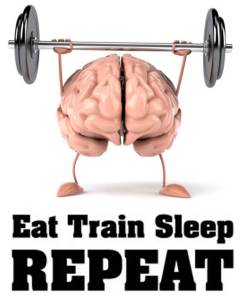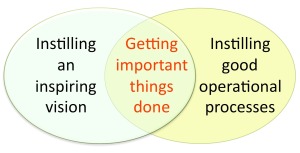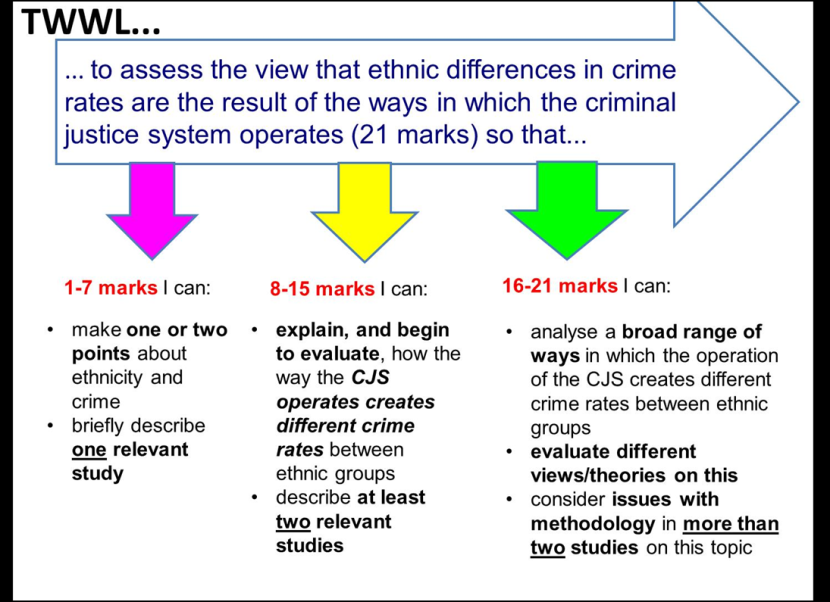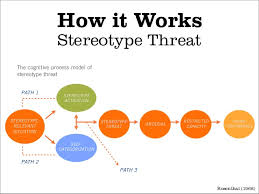 Continue reading Underperforming BME students? Minimise ‘stereotype threat’.
Continue reading Underperforming BME students? Minimise ‘stereotype threat’.
An evolution of ‘Outstanding’ – removing the mysticism

Wading knee-deep into the debate over lesson grading vs. non-grading I’ve come to feel that part of the reason this contentious exchange even exists is because for too long how we judge teaching and learning has been shrouded in mysticism and complexity. Personally, I am someone who needs a grade somewhere along the way; I need to contextualise the feedback i’m receiving because I can be in danger of over-interpreting the feedback i’m given either too positively or too negatively.
Part of the problem for me has been that for years I had been distracted by the pressure of teaching buzz words and structures taking over my pedagogy, rather than being used selectively, e.g. the 5-part lesson, multiple activities, card sorts, think-pair-share, mini-plenaries etc.
The journey I have undergone over the last year, and the ever-exhilarating discourse held with colleagues, is in realising the need to massively simplify the way we observe lessons; to distill the key things that contribute to progress over time – recognising that teaching behaviours in a 20-25 min observation might contribute towards looking for evidence of progress over time, rather than a lesson grade hinging heavily on progress during the observation period. There needs to be a triangulation of evidence to show this e.g. evidence in books of redrafting so that significant improvement is made, evidence of lesson planning that indicates the progress that will be made (projections of progress if the class continue along this path), talking to students, talking to the teacher about what came before and what comes next (and being able to clearly see the end in mind) in the sequence of lessons.
The benefits to both teachers and students are enormous:
- ‘Outstanding’ teaching becomes something very achievable rather than an idealistic notion of absolute perfection. If there is solid evidence from a variety of sources that students are making excellent progress over time then, if not every minute of a 20-min observation is near-perfect, does it really matter?
- More recognition for staff who consistently work hard to improve their students’ outcomes e.g. by asking them to redraft and then committing to remarking the redrafts
- Conversely, recognition that pulling an all-singing, all-dancing one off observation lesson out of the bag does not necessarily mean that students are making sufficient progress over time, and if the rest of the triangulated evidence is lacking, that this can mean teaching requires improvement
- This all should lead to easier recognition of the typicality of teaching for staff and accepting the view that a 25min observation is just a snapshot so therefore we owe it to the teacher to look for other ways that progress can be seen from before, and the potential after, this snapshot of time.
As we embark down this path there are some pitfalls that will need consideration:
- We’ve been so long distracted by lesson ‘tricks’ that staff need time and patience to adapt to a new mindset
- There will need to be a lot of moderating of all people involved in observations to ensure continuing dialogue about the different ways we can evidence progress over time e.g. How does a practical subject like Drama or PE evidence this when there are no exercise books to look in for evidence of redrafting/redoing?
- There is a danger that the ‘progress over time’ emphasis could be used as an excuse for a poor quality lesson
Here’s an idea: what if we were to stop giving lesson grades to individual lessons and, rather, one observer were to undertake a series of learning walks of the same teacher over a specified period of time, then engage in a dialogue with the teacher about the different pieces of evidence of progress over time, only arriving at an overall judgement of their teaching once all this has been triangulated, rather than based on an individual lesson grade? This could be done three times a year with each teacher. Surely we owe it to our hardworking teachers to allow them the maximum opportunity to show that they are typically good at their job rather than just a series of snapshots?
Closing the gaps and creating GRIT – smarter feedback and a culture of redrafting
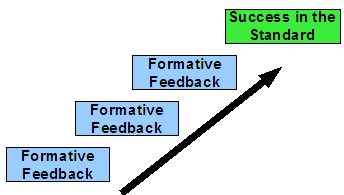
Formative marking is the buzz term of the decade but what does it actually look like in good practice? It’s taken me a long process of refinement to finally reach a point where I feel sure that my marking is truly formative and enables students to make the most progress in their learning. In the highly discursive subjects of English and Sociology, this truly matters.
I’ve come a long way from comments such as ‘You need to write in more detail’ and ‘Improve your spellings’ to where my marking is today. My marking of any extended piece of writing or essay centres on three rules: Continue reading Closing the gaps and creating GRIT – smarter feedback and a culture of redrafting
Hardwiring learning and effort = success
At Bristol Brunel Academy we try to lead by challenging preconceived notions that people are born talented or lucky. In Daniel Coyle’s The Talent Code: Greatness isn’t born it’s Grown he argues that talent is grown through purposeful practice…deep practice. Below I give a specific example of how this can be seen in students’ learning. Continue reading Hardwiring learning and effort = success
The catastrophism of student progress
Great blog by Dr Dan Nicholls: Does student progress happen catastrophically in light bulb moments or uniformly over time? How can we learn from this?
High performing leadership #2 – Insanely simple
trouble, social sanctions, and so forth. They are called for because
of flaws in individual decision-making, and they work by making use of those flaws.” (Hausman & Welch 2010, 126)
High performing leadership #1
Leading Through Others – The Power of 1.8
Fantastic post by Jon Jones, VP at Bristol Brunel Academy, about the power of vertical influence.
Begin With the End in Mind
Begin with the end in mind.
Quick win – Differentiated Smart Objectives
Why?To raise achievement in my Year 12 and Year 13 classes, I knew that this year I needed to have an embedded exam focus in all my lessons and not just at the end of topics. At the same time, I also felt that the trend for differentiated learning objectives that are leveled or graded in every lesson was becoming meaningless for my students who knew full well that the learning that we were going to cover in a singular lesson would not mean that they were going to achieve a ‘C’ or ‘B’ grade by the end of that lesson. My objectives needed to become SMART: measurable and achievable steps to success with a focus on practicing exam skills and demonstrating exam knowledge in every lesson.

